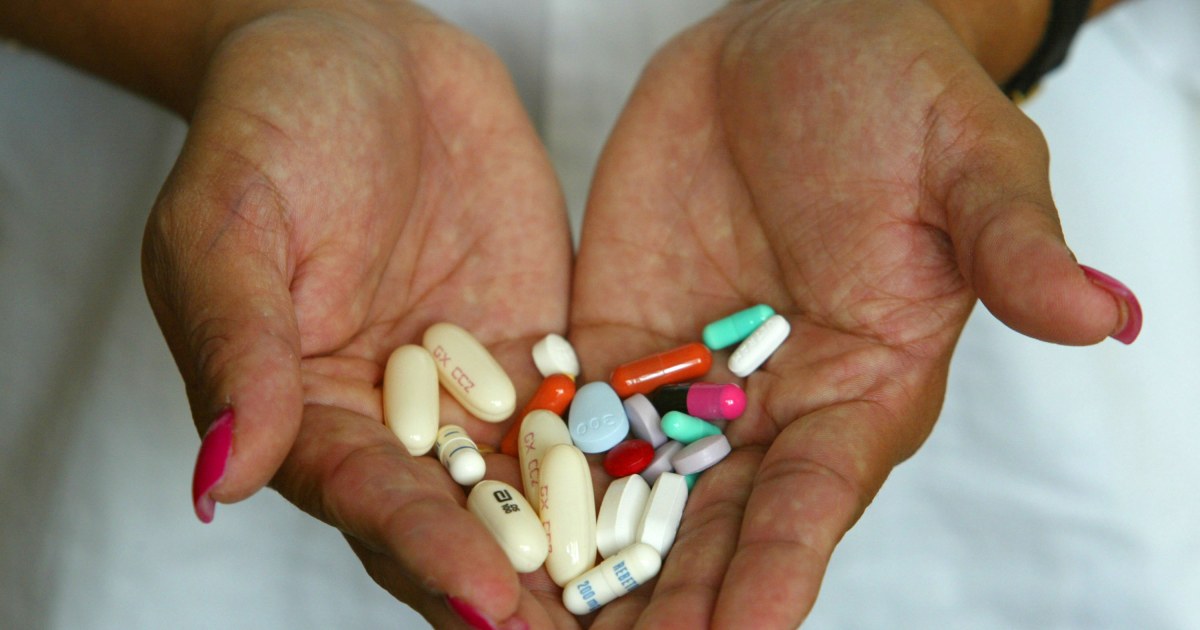Ways To Prevent Or Reverse Osteoporosis
Get Enough Vitamin D

As mentioned with getting enough sun, vitamin D is an essential vitamin for strong, healthy bones and preventing osteoporosis as well as other bone diseases. Vitamin D is a vital nutrient that helps the intestines absorb calcium from food, and getting enough of both of these nutrients is essential for ensuring the bones remain strong and dense.
For individuals under fifty, 200 international units (IU) is recommended of vitamin D, adults between fifty-one and seventy years old need 400 IU of vitamin D per day, and seniors over the age of seventy need 600 IU of vitamin D to keep their bones healthy. The best sources of vitamin D are natural sunlight, fortified milk, orange juice, cereal, egg yolks, beef liver, saltwater and fatty fish like salmon, tuna, and mackerel, and of course, supplements.
Medication Therapy

Depending on how weak or strong your bones are, through medication therapy, individuals may be able to build some of their lost bone again and reverse osteoporosis. Other medications can also help slow down bone loss but may not be able to reverse this condition. There are a number of medications that can help with preventing, reversing, slowing down bone loss, and building new bone, which includes: bisphosphonates, calcitonin, SERMS, teriparatide, and prolia. Bisphosphonates, such as Fosamax, Boniva, Actonel, and Reclast, is a class of medication that are the most widely prescribed osteoporosis drugs, and bisphosphonates stop bone breakdown, preserve bone mass, and increase bone density in the hip and spine.
Calcitonin, sold as Fortical and Miacalcin, is a hormone produced in the thyroid gland. A synthetic form of this hormone is approved to treat postmenopausal osteoporosis and slow down bone breakdown. SERMS, or selective estrogen receptor modulators, such as Evista (raloxifene), mimics estrogen’s health benefits for bone density in postmenopausal women, and slows down bone loss and prevents spinal fractures. Teriparatide chemically modifies the body’s parathyroid hormone, which plays a crucial role in the bone remodeling cycle and maintains the calcium balance in the bloodstream. Finally, prolia is a biological drug, often prescribed under the name Denosumab, and is used to treat osteoporosis in postmenopausal women who have an increased risk of fracture or for individuals who did not respond to other osteoporosis medications.
